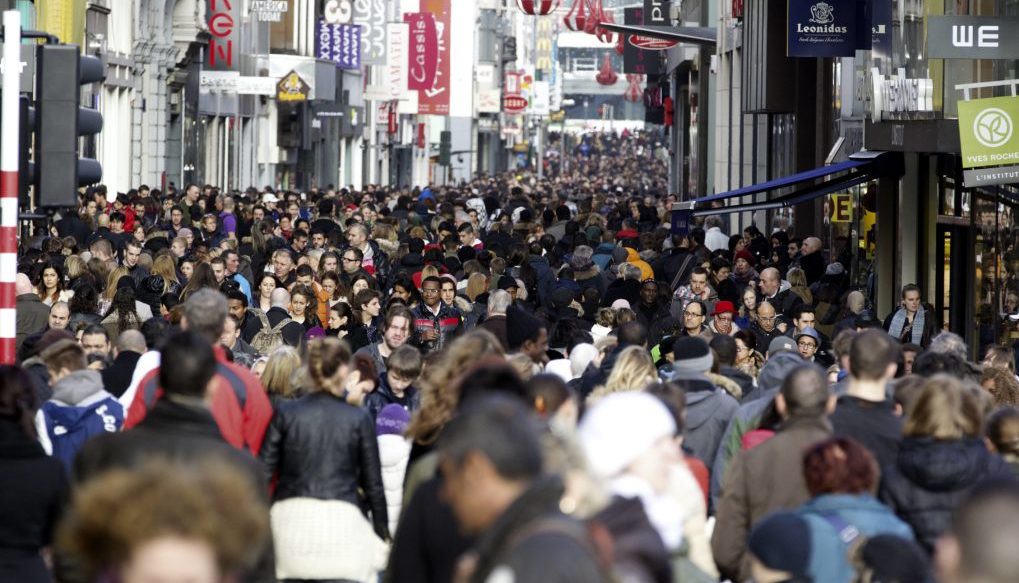Belgium has been ranked tenth in the world for gender equality in the World Economic Forum’s 2023 Gender Gap Report, published on Wednesday. This year's placement marks an improvement of four places since last year.
Iceland remains top of the ranking, ahead of Norway and Finland. On the other end of the scale are Algeria, Chad and Afghanistan.
The gender gap has narrowed to 79.6% in Belgium – an improvement of 8.8 percentage points since the report was first made in 2006. A score of 100% would represent full equality between men and women. Iceland scored highest with 91.2%, followed by Norway with 87.9%.
The World Economic Forum (WEF) analysed 146 countries on four main criteria: economic participation, educational attainment, health and political empowerment. It reported that global levels of gender parity have returned to pre-pandemic levels, but current difficulties are impeding progress on this front.
“While there have been encouraging signs for recovery to pre-pandemic levels, women continue to bear the brunt of the current cost of living crisis and labour market disruptions,” Managing Director of the World Economic Forum Saadia Zahidi said in a statement.
“An economic rebound requires the full power of creativity and diverse ideas and skills. We cannot afford to lose momentum on women’s economic participation and opportunity.”
At the current pace full parity will be achieved in 2154, the report points out.
Belgian strengths and weaknesses
Belgium has maintained gender parity in educational achievement, with no difference in literacy rates and primary school enrolment for boys and girls.
The country has made gender equality gains for political representation, ranking 16th in the world. This is mainly thanks to gender parity at the ministerial level. Even so, political empowerment is Belgium's most underperforming indicator, with a score of 48.6%. This low score is due to Belgium having a female head of state for only a very short time during the last 50 years.
In terms of health, Belgium's progress has been limited, slowed by a significant difference in healthy life expectancy (Belgium currently stands in 91st place).
In terms of employment, the World Economic Forum estimates an overall pay gap of 3.8% between men and women. Around four in ten members of executive boards are women, and only 18% of companies have a female top manager. Women are also almost twice as likely to work part-time.
Related News
- Gender pay gap in Belgium falls to 8%
- Belgian employer convicted for firing woman after abortion
- Paternity leave extension to improve gender equality falling short in Belgium
Regarding education: three-quarters of graduates in STEM (science, technology, engineering and mathematics) and construction are men. The proportion of male workers goes up to 90% in IT and communication technologies.
By contrast, the social sciences (70%), health (75%) and teaching (77%) remain female-dominated fields.
Based on the 102 countries studied since the first report in 2006, the WEF notes that the average gender gap returned to its pre-pandemic level. But this is an increase of only 4.1 points in 17 years.

